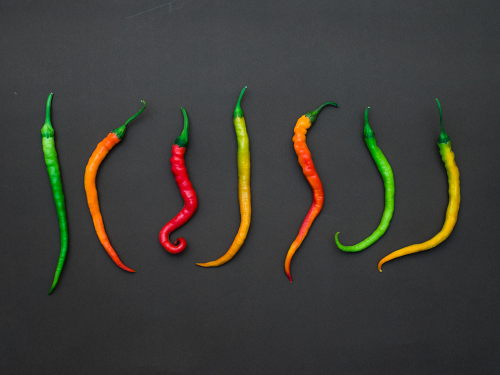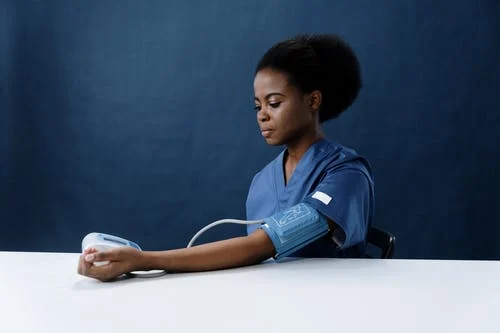 Bone health is a hot topic among women over 40. The older we get, the more prone we are to bone loss, says Marla Ahlgrimm. But, there are ways to slow the progression, and it starts with your plate.
Bone health is a hot topic among women over 40. The older we get, the more prone we are to bone loss, says Marla Ahlgrimm. But, there are ways to slow the progression, and it starts with your plate.
Marla Ahlgrimm explains that eating vegetables is one of the best things you can do for your bones. Vitamin C, an antioxidant, can help to reduce cellular damage. Vegetables containing high levels of calcium may also increase mineral density. Yellow, red, and green vegetables are closely linked with higher levels of bone mineralization.
Protein is another vital factor in bone health, says Marla Ahlgrimm. Protein can come from animals, such as beef, pork, or chicken, or from a plant-based diet. For vegetarians, nuts are a great source of protein, and protein shakes can also increase a person’s protein intake.
 According to Marla Ahlgrimm, foods containing high levels of calcium, such as yogurt, milk, and cheese, also protect bone structure. She cautions here, however, to use calcium supplements sparingly as these have been shown to increase a person’s risk of heart disease by up to 22%.
According to Marla Ahlgrimm, foods containing high levels of calcium, such as yogurt, milk, and cheese, also protect bone structure. She cautions here, however, to use calcium supplements sparingly as these have been shown to increase a person’s risk of heart disease by up to 22%.
Vitamin K and vitamin D also play a crucial role in bone health. Cheese, liver, and fatty fish, such as salmon, are a great source of vitamin D while sauerkraut and soybeans, along with eggs and some meats, can provide vitamin K.
Marla Ahlgrimm further explains that women seeking to lose weight should still strive for at least 1200 cal per day. A low-calorie diet – less than 1000 cal in 24 hours – can reduce bone density in people of all weight categories.
Ultimately, eating a sensible diet that includes a variety of proteins, calcium, and vitamins is the best way to strengthen your bones no matter your age.














 Marla Ahlgrimm has co-authored two ground-breaking books,
Marla Ahlgrimm has co-authored two ground-breaking books,